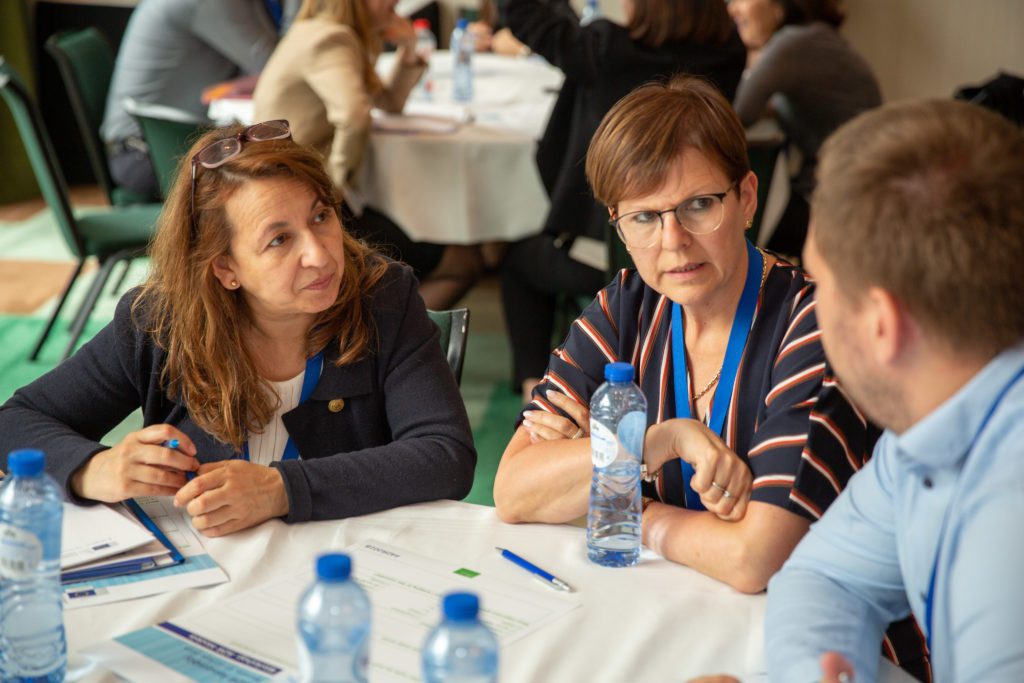How to get the most out of workplace mediation.

The key tips emerging for getting more out of mediation are:
- Ask for a copy of ProMediate’s guide to workplace mediation and let the parties have a copy.
- The parties need support before a mediation. HR is well placed to provide appropriate support with preparation, the logistics and helping the parties participate fully in the process.
- Mediation is confidential but consider whether the parties are willing to allow details of the dispute to be provided to the mediator and perhaps allow a conversation with HR or the manager about the issues. Ask the parties to consent to any agreement or action plan agreed being shared with HR so that they know what the outcomes and action plans are. Parties will often tell colleagues that they are going to mediation. If this happens then it is important to manage confidentiality in the outcome and agree what other staff members will be told, such as that they have gone to mediation and resolved their differences..
- Early use of mediation needs to be encouraged. This is a long process achieved by steady awareness raising, securing ring-fenced resolution budgets and creating policies that encourage mediation as a first resort when appropriate.
- Potential users and businesses need to know which issues are more or less suitable for mediation, and do not use mediation to avoid taking a strong approach to unfairness, conduct or capability. Conflict diagnosis should be a core competency for all HR staff.
- There is sometimes pressure to attend mediation and agree, which creates a lack of commitment and could explain why some outcomes are not sustained. It is fine to strongly request that the parties meet each mediator, but reinforce that they are not compelled to proceed to a joint resolution meeting. The maximum benefit is gained if parties attend and work on their issues willingly.
- Mediation needs to be normalised, and it should avoid being presented as some kind of externally provided, “alternative” service. Create positive narratives around successes without breaching confidentiality.
- Make sure that the practice of follow-up is conducted more thoroughly, including challenging non-compliance with what has been agreed. Mediators should be encouraged to improve their practice on reality-checking agreements, building in fall-backs and what-ifs should agreements break down. Ask your mediator whether they are willing to follow up with the parties and potentially conduct a further session to embed the agreement and encourage compliance.
- If you have or are planning an in-house mediation team, recruit from as wide a range of rank, role and general diversity as possible. The research suggests that, for example, some senior parties are reluctant to be mediated by a junior colleague. In our view it is better to involve an external mediator.
- Finally, ensure that you secure the services of an in-house or external mediator trained in line with civil mediation council standards.
To engage a workplace mediator on a cost effective proactive basis contact us at enquiries@promediate.co.uk
